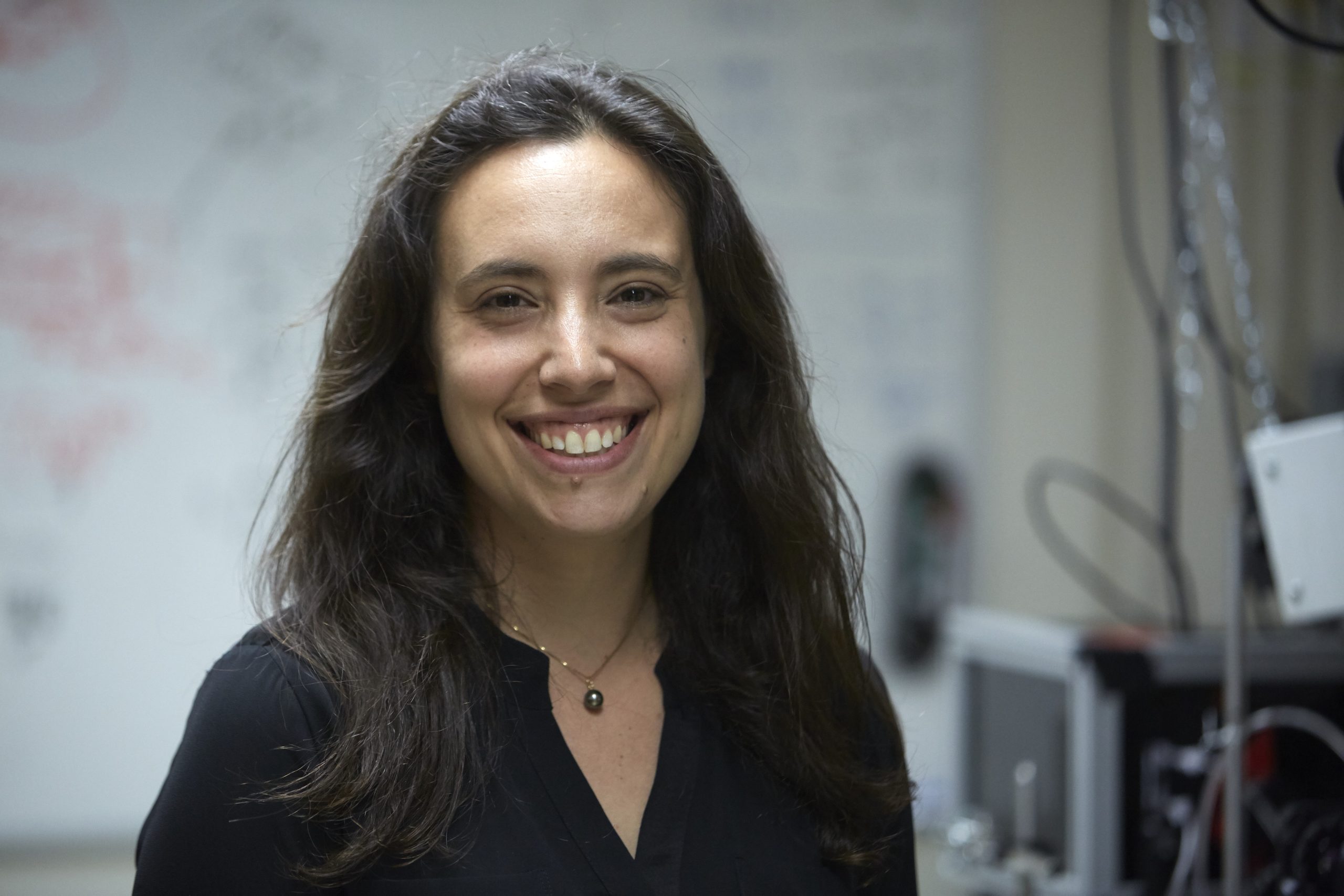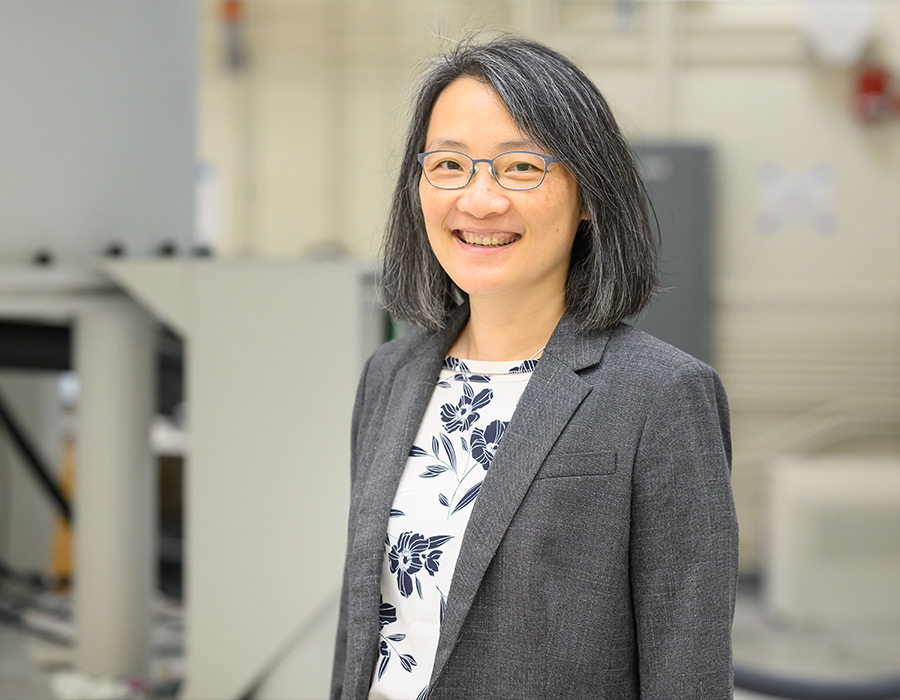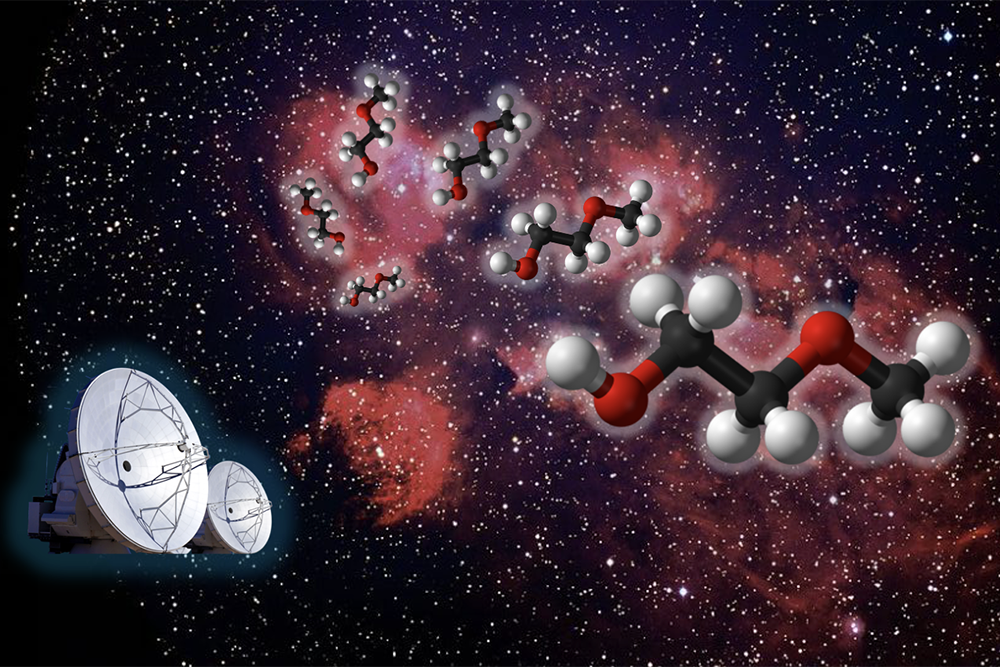Zachary Fried wins Lewis E. Snyder Astrochemistry Award
This annual prize is awarded to the most innovative and unique astrochemical investigation in either observations, theory or laboratory work.
Zachary Fried, a graduate student in Professor Brett McGuire‘s research group, has been named the winner of the 2023 Lewis E. Snyder Astrochemistry Award at this year’s International Symposium on Molecular Spectroscopy for his talk, “Machine Learning Of The Chemical Inventory And Rare Isotopologues Of The Solar‐type Protostellar Source Iras 16293‐2422 B”.
This award is a yearly, non-financial award given to the most innovative and unique astrochemical investigation in either observations, theory or laboratory work. Fried will receive his prize at the June 2024 Symposium.
“There were many superb talks in the competition, but [Fried’s] was exceptional,” said Anthony Remijan and Josh Vura-Weis of the International Symposium on Molecular Spectroscopy in a joint letter announcing Fried’s win. “We hope that this prize represents an early milestone in what we expect will be a distinguished career in science.”
Fried is originally from Florida, but grew up primarily in Hong Kong. As an undergraduate at Macalester College in St. Paul, Minnesota, he developed a passion for researching the unknown that ultimately inspired his pursuit of a PhD in astrochemistry.
“My research mainly focuses on developing and expanding upon techniques used to predict/recommend molecules for detection in space,” said Fried. “This will hopefully increase the efficiency of new molecular detections and allow for a better understanding of the chemistry that takes place in different regions of the interstellar medium.”
The detection of interstellar molecules is a vital component of astrochemical studies since molecular species have shaped our understanding of star/planet formation and can trace various astrophysical phenomena. In his research with the McGuire Group, Fried trained several machine learning regressors to model the abundances of the molecules and rare isotopologues detected toward the solar-type protostar IRAS 16293-2422B. Using the trained models, he gathered a list of high predicted abundance molecular targets to search for in the telescope data focused on this protostellar source. The potential detection of these molecules can be used to constrain our understanding of the chemistry that occurs during the formation of stars similar to our Sun.





